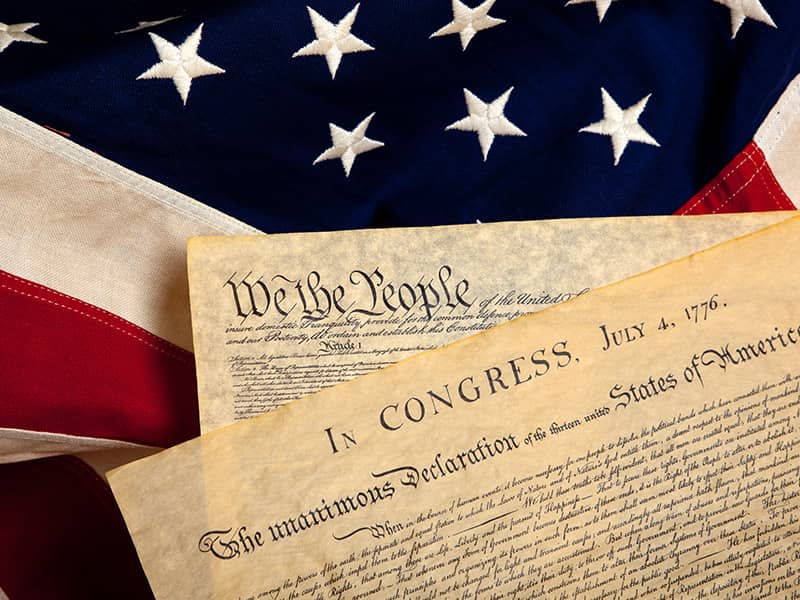He will replace Bill Clinton, a Southern Baptist, who attended a Methodist church while president and delivered the sermon Sunday at Foundry United Methodist Church, his last there as president.
Bush has not said where he will attend church while at the White House, but Foundry's pastor, the Rev. Philip Wogaman, has extended the Bushes an invitation. United Methodist Bishop Felton E. May of the Washington-Baltimore area has also urged Bush to attend a methodist church.
``The United Methodist Church includes wide political and theological diversity,'' May said in a statement. ``There is room for all who seek to follow Jesus Christ. I am confident the president will be able to find a church that nurtures his faith and supports his family's spiritual life.''
Bush was raised as an Episcopalian but joined the United Methodist Church when he married his wife, Laura, a lifelong Methodist. They are members of Highland Park United Methodist Church near Dallas and attended Tarrytown United Methodist Church in Austin, Texas.
Bush shares an almost eerie similarity with the two other Methodist presidents, Rutherford B. Hayes and William McKinley. Like Bush, Hayes won the White House in a hotly contested election in which he won the Electoral College vote but failed to win the popular vote.
McKinley first won in 1896 but was assassinated just a year into his second term, in 1901. An evangelical prayer group is praying that Bush, unlike McKinley, does not succumb to the fabled ``zero year curse'' that has killed seven presidents -- each elected in a year ending in 0 -- before their terms ended.
These are good days for Methodists in Washington, with a number of high-profile members. Vice President-elect Dick Cheney is a Methodist, as well as Sen. Hillary Rodham Clinton, D-N.Y., who used a Bible given to her by the church's General Board of Church and Society when she was sworn into office.
The number of Methodist members of Congress is up six following last year's election, with 39 Methodist Republicans and 26 Methodist Democrats. (Catholics lead Congress with 150 members, followed by Baptists, with 72. Methodists rank third on Capitol Hill).
As with any church member, it is unclear whether Bush's denominational affiliation will influence his policy making. Clinton was more often at odds with his own church than he agreed with them. And like most Americans, Bush operates in an age where personal piety often matters more than denominational dogma.
Indeed, Bush is at odds with official Methodist policy on a number of issues, from abortion -- the church calls it a ``regrettable option'' -- to affirmative action to an expanded missile defense system and gays in the military.
Bush, a self-professed born-again Christian, promises a big role for faith-based activism which will allow religious bodies to help in the delivery of social services, particularly in urban areas.
``We feel some degree of optimism, in fact more than that, we feel
positive about George W. Bush as president and that he will bring with
him a wholesome concern for scriptural and family values,'' said the
Rev. James Heidinger III, president of the church's evangelical Good
News movement.
Wogaman, who was also one Clinton's three ``spiritual advisers,''
said there is no ``particular liklihood'' that Bush will attend his
church near the White House, known for its progressive stands on issues
such as abortion and gay rights.
A dean of the church's liberal wing, Wogaman said Bush -- like any
political leader -- will need to ``transcend the particularities of his
faith community, especially in a pluralistic country such as ours.''
The same could be said for the Methodist church. With a huge
ideological range, Wogaman said there is room for both conservatives
like Bush and progressives like himself. What's more, he said following
the spirit of the church may be more important than following the law of
the church, particularly for Bush.
``You can faithfully be a Methodist without narrowly being a
Methodist,'' he said.

